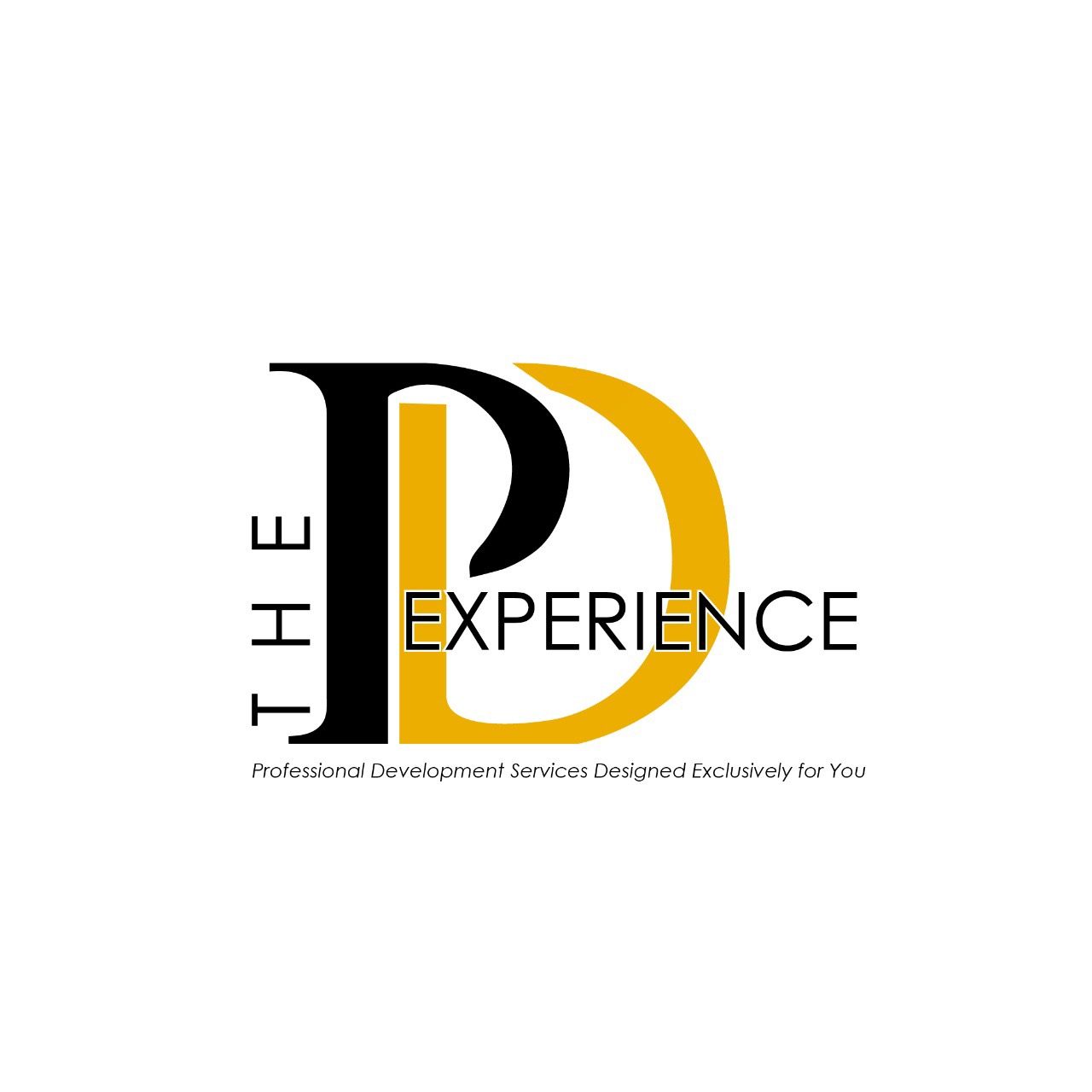Who Needs 1:1 Coaching?
- Dr. Pamela Davis

- Jan 31, 2021
- 4 min read

It is often difficult to acknowledge that we want or even need help. Why is that?
It shows up when we are driving and unsure of where we are going; there is the reluctance to ask for directions. It occurs in the workplace; we shy away from asking our team mates for help. I have also seen it in copy centers - you know, the customer that stands in front of the copy/fax machine - staring at the directions. In most instances, the directions are posted nearby and are pretty clear. However, if you have read the directions and you are still lost, there is this awkwardness as to how to ask for help.
So what's the big deal about asking for help?
Embarrassment, shame, not wanting to feel dumb or placed on display are familiar feelings. Let's be honest, people are not always kind when you ask for help. Nonetheless, for me, asking for help gives me the opportunity to ask questions that are not clear about the directions.
It is hard to take that first step and admit the need for help. When I was a freshmen in junior college, I got lost a many-a-days. Sure, I tried to use the campus map and I even tried remembering the verbal directions someone had given me. Ultimately, stopping and asking for help (repeatedly) got me to where I needed to be.
So what does 1:1 professional coaching offer? 1:1 coaching offers a fresh perspective and an approach to address a specific need, goal, or challenge. The coach is not there to tell you what to do, but more so assist you with understanding the true elements of what you are hoping to accomplish. The coaching relationship also serves as accountability role. Once you have identified the need, goal, or challenge, the coach will hold you accountable to meet the commitments you have made. Lastly, coaching offers formal and informal assessments that provide useful data to inform both the client and coach. Patterns of behavior, communication style, and other insights can be identified through personality tests. The coach may also perform other informal assessments through questioning and scenarios.
Who needs 1:1 coaching?
People who know they need it.
Recognizing that you need coaching is a great place to be. Recently, I was working on re-vamping my resume. I had never gotten my resume edited or reviewed by a professional. I created my resume solely off of what I thought was appropriate. Mind you, appropriate in my mind was based off of resumes that I had reviewed and what I remember from years ago. I reached out to a resume coach to review my resume. I consider myself an experienced professional and my resume captured my experience well. Over the last fifteen years, my promotions were within the same organization. My resume was not really a key element in the hiring process. However, if I ever consider working with another company, I did not want my resume to be the reason I didn't even get my foot in the door. The resume expert gave me simple and crystal clear advice on ways to ramp up my resume. She suggested strengthening my career summary, adjusting the visual presentation and organization and staying clear of passive language. Such great suggestions that I would not have thought of on my own. The resume coach save me the feedback I needed to keep from "being lost".
People who think they might need it.
Maybe you are one of those people who think you might need a coach and you just aren't sure. Here's what I say - when you are lost, you can choose to continue to driving around in circles. Or, you can choose to pull over and ask for guidance. So maybe you don't think you have time to commit to the process or money is an issue. If time is an issue for you, then the problem is not really a problem. If money is the issue, then the issue is not that big of a deal. When you are ready to commit, you will make coaching a priority and invest the time and money needed to make it happen. The coaches I have gone to are experts in their field. The strategies and feedback shared made a difference for me.
People who insist they don't need it.
For those who say they do not need it, I hope that you are seeking wise counsel (of some sort). Otherwise, you run the risk of being lost. I don't know if you have ever been in the car with someone who was lost and refused to accept help, but that is a painful feeling. Working with a coach 1:1 provides an opportunity for you to remain objective about your impact.
I have benefited greatly from 1:1 coaching across many areas - marketing, social media, leadership, interviewing, resume writing, business building and many more. They each have saved me from having to be the expert in everything. As a leadership and personal development coach, I bring the unique skills that my clients need to gain the confidence and means to accomplish the desired goal.
Who needs 1:1 coaching? Decide for yourself.







Comments